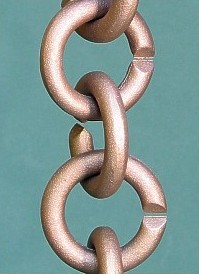In Brief
 Here is your regular Sunday selection of links to good things in Blogville and Beyond.
Here is your regular Sunday selection of links to good things in Blogville and Beyond.
- Alex Ross reviews some of the recent literature on how audience behavior in concerts has changed, commenting at one point that "the overarching problem of classical music is the tuxedo." Really? Outside of major symphony orchestras, is the tuxedo really that rigidly enforced? Isn't it true that if the musicians in those orchestras really wanted not to wear tuxedos, that this oddly hated convention (what is the big deal, anyway?) could be relaxed? [The New Yorker]
- The Hilliard Ensemble writes about the experience of leaving off reading dusty polyphonic scores, to work with composer Heiner Goebbels in the creation of a new theater piece, I Went to the House But Did Not Enter. [The Guardian]
- An American composer with a history at New York City Opera addresses an open letter to Gerard Mortier, that company's incoming director. [Mark Adamo]
- Edward Winkleman has some thoughts on artists' spouses, those long-suffering mates of brilliant writers, painters, composers. [Edward Winkleman]
- Thanks to the endlessly resourceful Matthew Guerrieri, we learn that several topographical features of the planet Mercury are named after classical composers. [Soho the Dog]
- Wondering about when to program your Sirius satellite radio to record the Metropolitan Opera live broadcasts? La Cieca has a guide to the Met season on the airwaves. [Parterre Box]
- September 5 is the feast day of Blessed Teresa of Calcutta, one of the most remarkable and simply holy people of our generation. Rocca Palmo offers a remembrance of her life and the words she left to us. [Whispers in the Loggia]





















































No comments:
Post a Comment